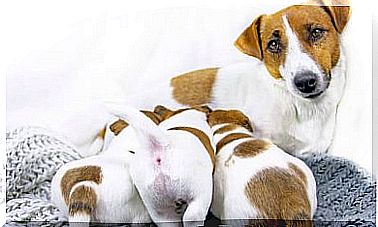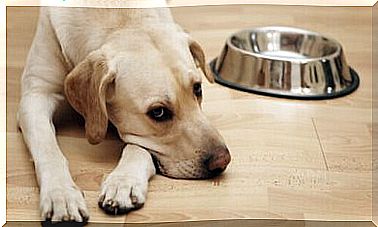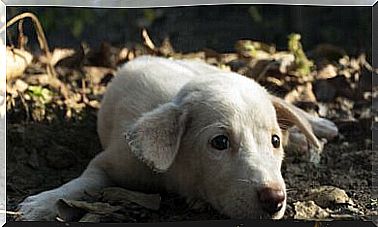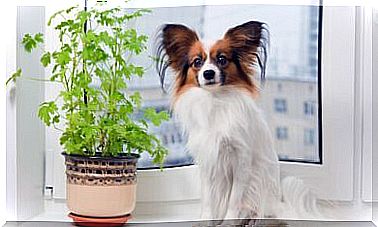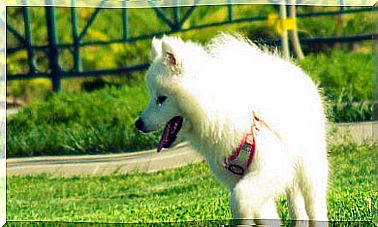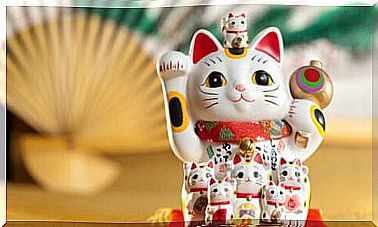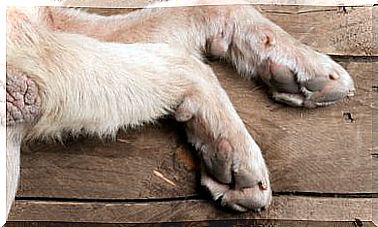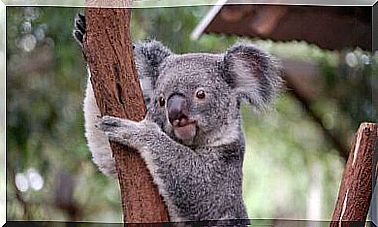The Importance Of Hay In Feeding Rabbits
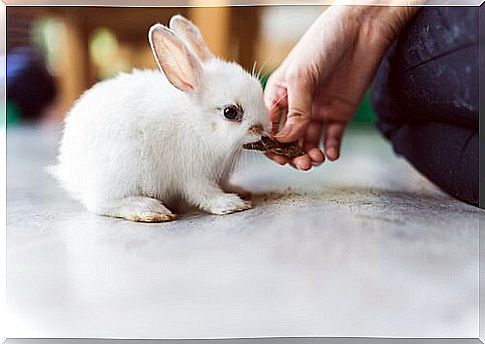
The most common health problems in domestic rabbits can be avoided with a correct and balanced diet. Your diet should not only consist of carrots, which is why we emphasize the importance of hay in the rabbits’ diet.
Feeding the rabbits
Rabbits are herbivorous animals: they eat fruits, vegetables and vegetables. As we’ll see, hay is also a very important component of their diet, and while we humans don’t find it attractive, it’s essential for these small mammals.
We should include vegetables in your diet, preferably green leafy vegetables like spinach or chard and, to a lesser extent, fruits. To make your diet more interesting and complete, it’s best to offer seasonal vegetables: peppers, tomatoes, carrots, zucchini, cucumbers, radishes… That way, the rabbit won’t get sick of any food you’re offering.
Fruits are high in sugar, which can cause colic, so let’s ration them and treat them almost like a reward: two servings a week is enough. You can also give seasonal fruits so that the rabbit always has new flavors to explore.
Feeding rabbits and rodent teeth
The other essential part of feeding rabbits is hay. Hay is a mixture of herbs that are harvested fresh and then put out to dry. There are different varieties on the market, including flavored or flowered blends. For rabbits, there are basically two varieties:
- Herb Blend: Has a higher fiber intake and fewer calories. It is recommended for healthy adult rabbits.
- Legume Blend: They provide more calories than grasses, so they are generally recommended, although not exclusive, for growing rabbits, nursing mothers, or animals in delicate health.
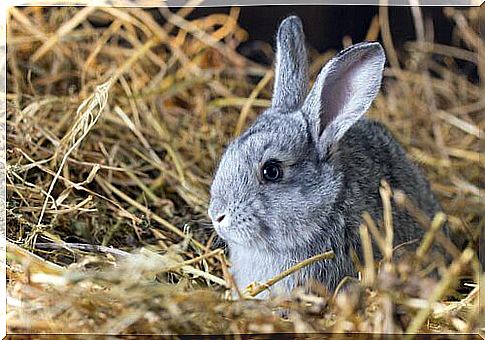
Hay is essential in feeding rabbits and should always be available in their cage. On the one hand, hay provides fiber, so it improves digestion and helps prevent intestinal discomfort.
On the other hand, hay, when dry, favors tooth wear: rabbits are not rodents, but lagomorphs, and they share with rodents what concerns their teeth. They never stop growing, so they have to constantly gnaw at food to keep their teeth healthy.
Hay, as it is hard and slow to eat, is the food that ensures teeth are kept the correct size and do not overgrow, either incisors or molars.
For these reasons, the mainstay of the rabbit’s diet should be hay. In smaller quantities, you should offer fresh vegetables. In much smaller quantity, you can add treats and snacks.
Although it’s a food they tend to like a lot, there may be rabbits who aren’t very attracted to it: try different varieties, with flavored mixes and even different brands. Hay bags that are too yellow tend to be unpleasant, and less mixed hay is not very interesting.
Health problems resulting from dental malocclusion
Hay is essential in a healthy rabbit’s diet. Not only will it improve digestion, but it will help them use their teeth and have a healthy mouth.
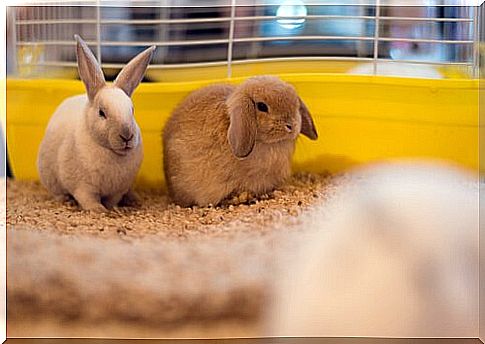
Rabbits are resilient animals that have difficulty showing symptoms of discomfort or illness. Therefore, when they have a problem with their teeth, we usually only notice when the animal is already in a lot of pain. Sometimes there is a solution, but in other cases it is irreversible.
If a rabbit’s teeth don’t wear out fast enough, they can deform or create mouth sores. Teeth that overgrow not only cause pain, they prevent the animal from closing its mouth properly and prevent it from eating.
This can trigger a number of problems: when he can’t eat well, his digestion is interrupted and gas and cramps appear. Each case has a different treatment, but to correct a problem with overgrown teeth, the veterinarian will have to file the teeth and even operate on the animal.
